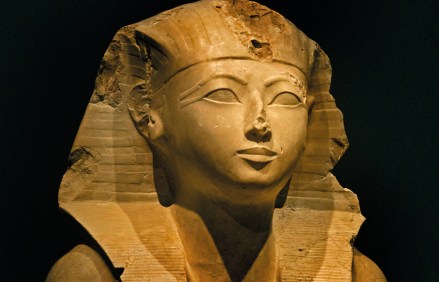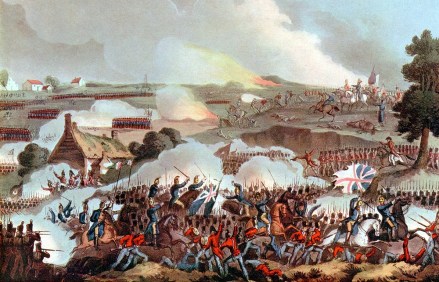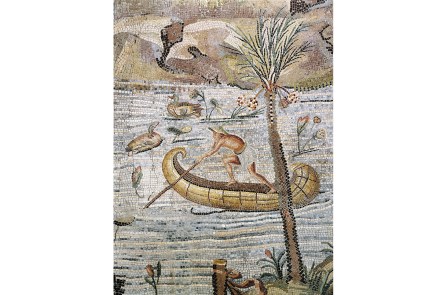Homage to Hatshepsut – a remarkable female pharaoh
Following on from the volume in which he discussed the Middle Kingdom, John Romer’s new book considers the ancient Egyptian New Kingdom from 1550 BCE to 1070 BCE. This is generally romanticised as one of the great ‘golden ages’ of ancient Egyptian history in which the state reached its pinnacle of power. In this period of increasing prosperity, Egypt established an empire through a series of campaigns under kings such as Thutmose III, Amenhotep III, Seti I and Ramesses II. At the beginning of the book, Romer takes us to the site of Tell el-Dab’a in the Nile delta, where excavators upended a whole series of assumptions about the early





